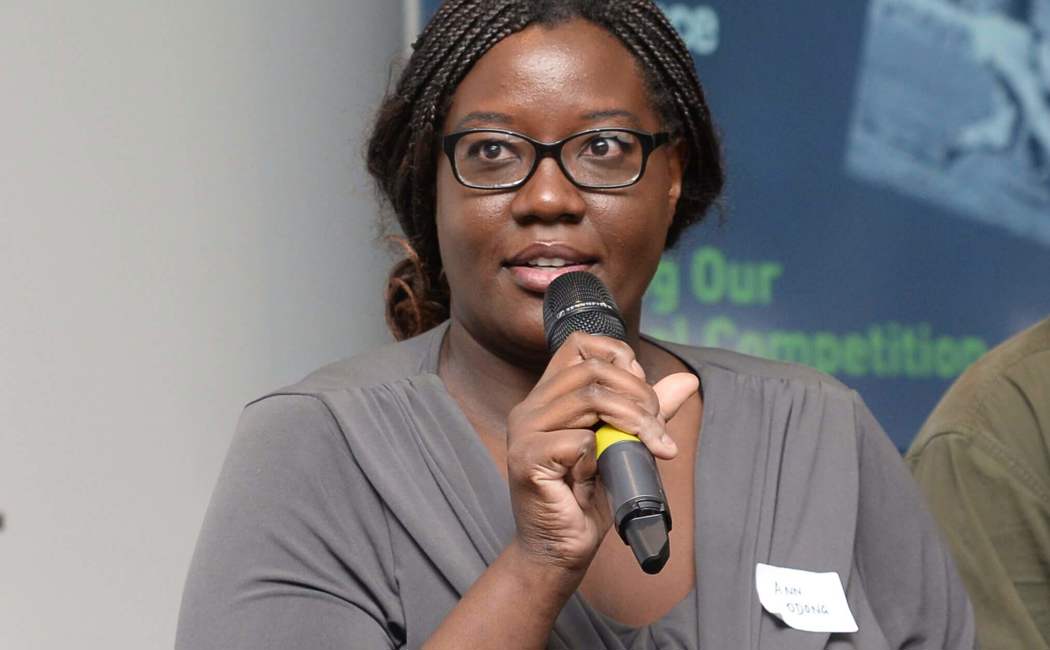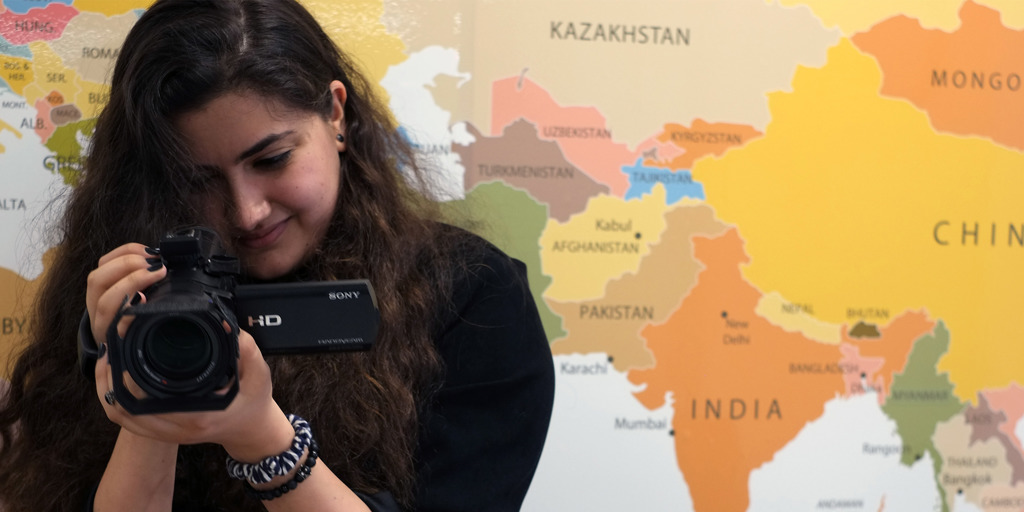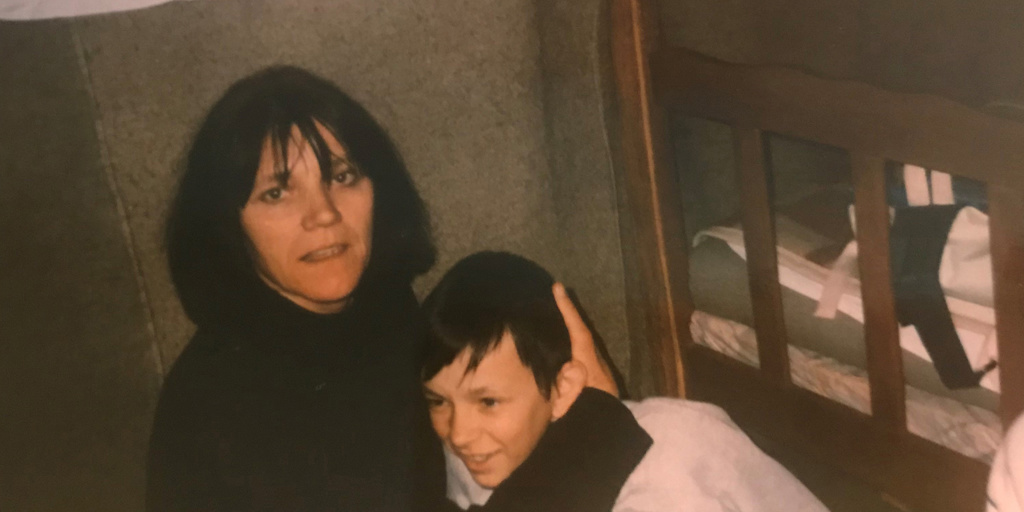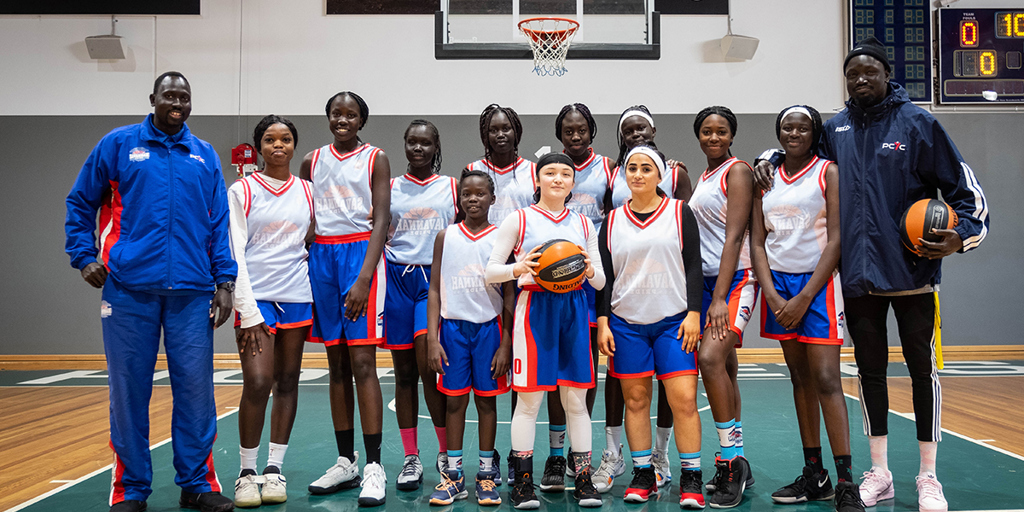After arriving in Perth, both of Ann’s parents worked as cleaners; their degrees weren’t recognised in Australia, and they needed to work hard to support their growing family. As the eldest child, Ann shouldered considerable responsibility for her three younger siblings, which exacerbated the difficulty she experienced in fitting in at school. “I didn’t get to be able to participate in everything everyone was doing at school,” she says. “Everyone would be talking about that episode of Dawson’s Creek last night and I didn’t see it because I was cooking dinner, and I’d try to pretend so that I still felt included.”
As the only black children in both primary and secondary school, Ann felt that she and her siblings were visible and different in a way that she struggled to articulate to her parents. “You had to be African at home, but Australian enough to assimilate away from home – you had to navigate two worlds, and you were never enough in either,” she says. “Looking back, I struggled with that isolation. I developed bulimia for a period because that was one thing I could control.”
Where Ann did find connection was through sport, and particularly soccer. Her mum – an ardent sports fan – introduced her to everything from tennis to basketball, but it was watching the 1998 World Cup that got Ann hooked on soccer. At 16, she joined a club, Lynwood United, and played at state level as a goalkeeper before deciding to throw her energy into writing about, rather than playing, the women’s game.
“No-one was covering it consistently,” she says. “In 2007, I met the head coach of the Matildas, Tom Sermanni, and he let me cover them. And I fell in love with it, and realised that this was what I wanted to do.”
At times, life at work wasn’t easy. She recalls one occasion where a player refused to reply to her questions with anything other than one-word answers, “to demonstrate that I wasn’t worth their time”. As the only female state league reporter, the “old guys would absolutely give it to me… You have to continually prove yourself and you don’t have the luxury of making mistakes.”
In 2008, Ann founded website The Women’s Game from her bedroom, interviewing players during her lunch breaks at work, and writing up interviews and stories late into the night. By 2017, her team had grown to 17, with match reporters for the W-League in every state. Working on Australia and New Zealand’s winning World Cup bid in 2018 was the icing on the cake.
“I remember reading an interview with Homare Sawa, the captain of the World Cup-winning Japanese team, which said, ‘Every hero is a rebel first’, and that always stayed with me,” says Ann.
“The players who are heroes today were considered rebels 20 years ago; they were outsiders fighting hard to get into the system.”
Now, though, the women’s game is hugely popular, with record numbers of girls and women playing in Australia, while several players in both the male and female teams are from refugee backgrounds. “We have players with origins from 13 different countries,” says Ann. “That’s really important, because it changes the concept of who is Australian. Our national teams look like modern-day Australia, and that’s exciting.”
Last chance to secure your online ticket at the World Refugee Day event on Friday 18th June.
PURCHASE TICKETS
















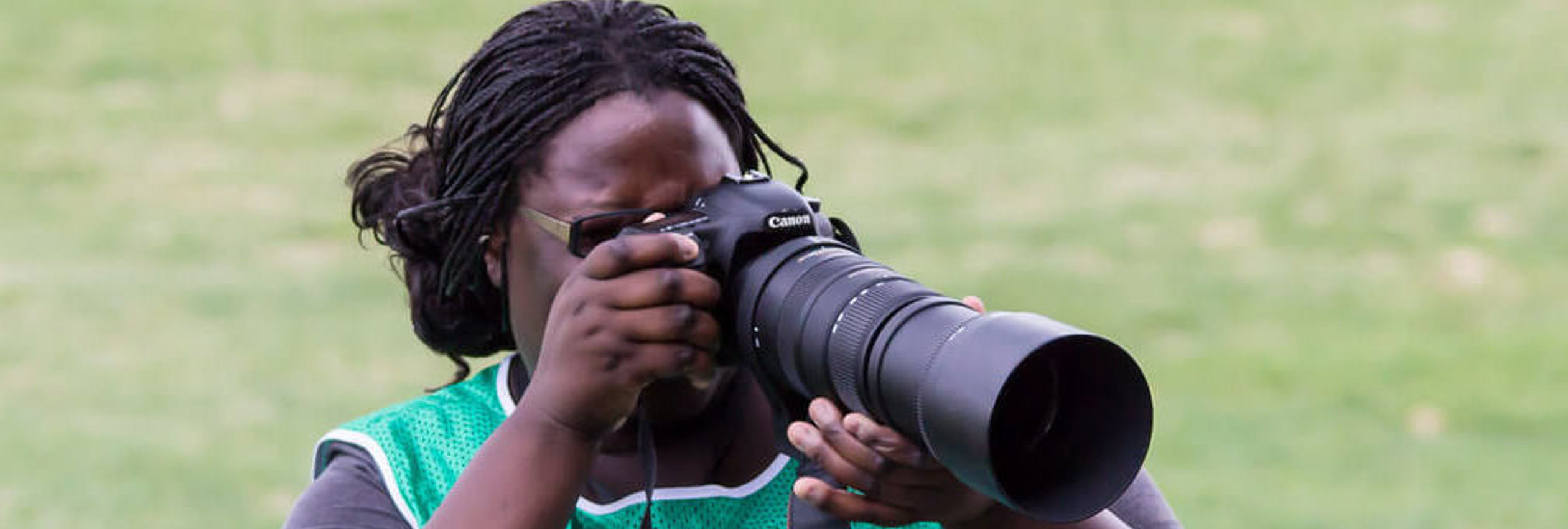
 Australia
Australia
